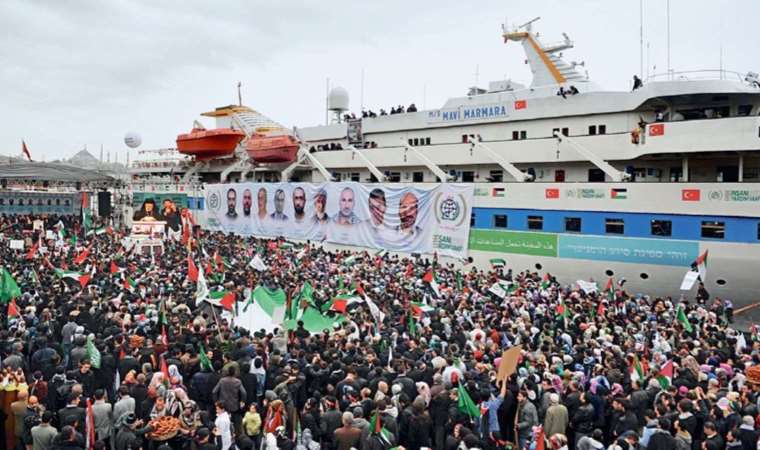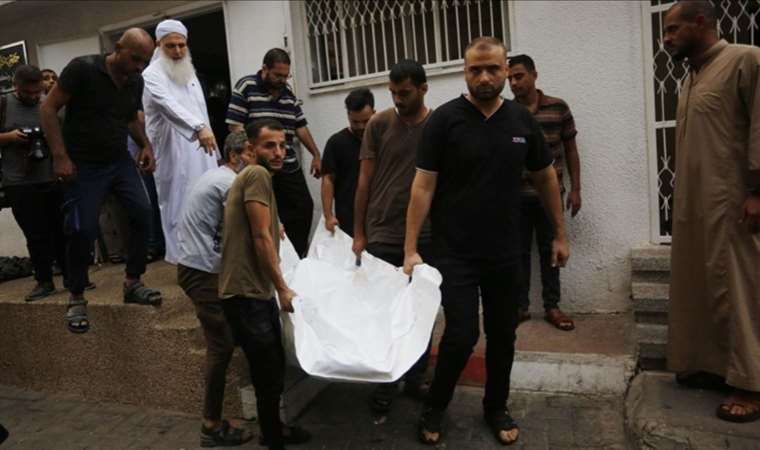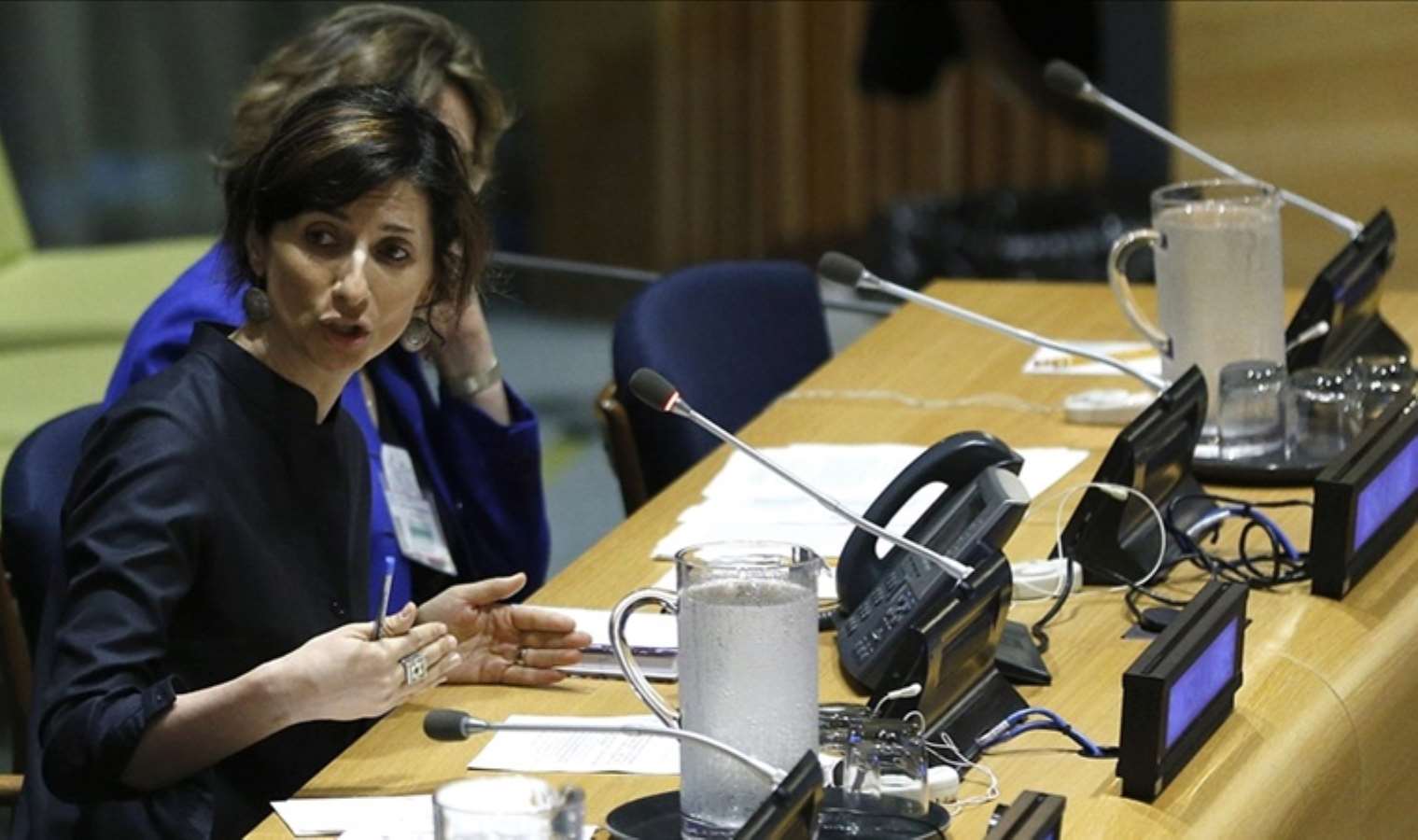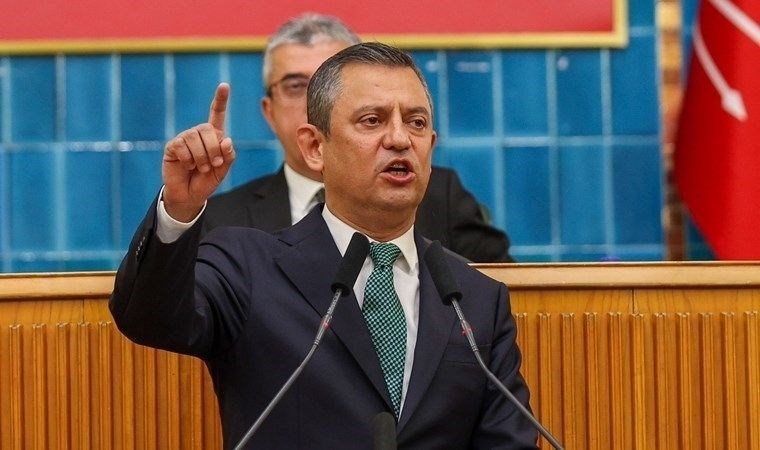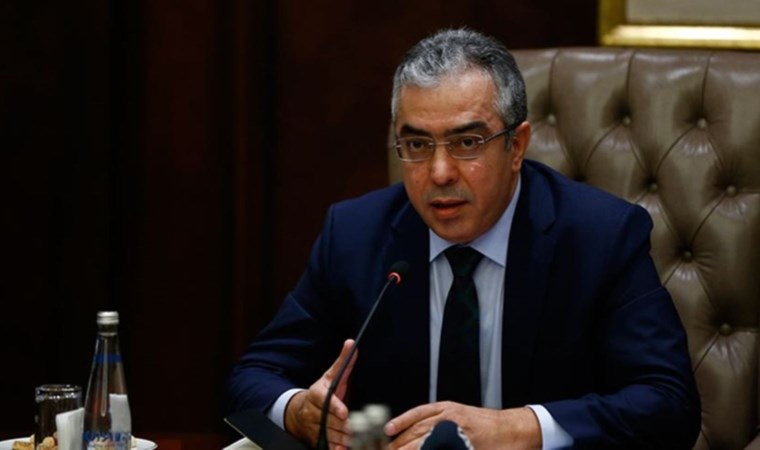Middle East over the Edge: Israel's Ground Operation in Gaza
The Israeli-Hamas conflict rages on, inching closer to a ground invasion of Gaza. What can we anticipate from this operation? Is Israel on the verge of eradicating Hamas? Or are we witnessing a prequel for a larger-scale war?

The Palestinian-Israeli conflict has reached a breaking point, rekindled after the shock attack launched by Hamas on October 7. The casualties were substantial, prompting Israel to set the ambitious political goal of eliminating Hamas entirely. However, achieving this objective is likely to be a protracted endeavor, hindered by both political and military challenges. The Israel Defense Force (IDF) has now declared a ground operation in Gaza with the aim of eradicating Hamas.
Hamas’ Blitzkrieg
Hamas' armed wing, the Al-Qassam Brigades, left Israel stunned with their October 7 attacks. Their strategic surprise involved launching approximately 5,000 rockets and targeting radar and communication centers, leaving Israel temporarily paralyzed. During these assaults, militants glided across the border, raided military bases, and inflicted significant casualties upon the Israeli forces.
The element of surprise was paramount to the success of this attack. The ensuing panic within Israeli ranks caused them to disperse in the face of Hamas militants, who were technologically inferior but achieved tactical superiority. Merely one day following the primary attack, Israel regained the upper hand and managed to push back Hamas militants from surrounding areas such as Sderot and Ashkelon.
Gaza: A Bigger Challenge
Now, Israel faces a more substantial challenge in Gaza. In 2014, the estimated number of Hamas militants ranged from 30,000 to 50,000. In recent years, Hamas has actively recruited soldiers, potentially raising the number of militants to 100,000 or even more. Israel, conversely, has mobilized 300,000 soldiers in response to the attack. However, it is crucial to recognize that not all of these 300,000 troops have been deployed for the Gaza operation; reports indicate that a force of 40,000 will be utilized in the ground operation.
The Gaza operation will not resemble a conventional military standoff, akin to the Bakhmut conflict in Ukraine. Israel faces an adversary well-versed in urban warfare, employing hit-and-run tactics and executing ambushes within city limits. Israel's Air Force has been subjecting Gaza City to continuous airstrikes, using munitions like the "Bunker Buster," which can penetrate concrete. Israel plans to deploy these munitions to target Hamas' underground facilities and command centers.
Hamas, foreseeing the possibility of such an attack, has constructed a complex network of tunnels beneath Gaza. According to Israeli estimates, the construction cost of these tunnels may amount to as much as $90 million. These tunnels have allowed Gaza to receive both humanitarian aid and armaments from abroad, despite being under blockade.
Journalist Seymour Hersh has suggested that Israel might employ the "MOAB" (Mother of All Bombs), a high-yield explosive ordnance previously used by the Trump administration in Afghanistan against ISIS in 2017.
Israel's airstrikes may also pose challenges in a prospective ground operation. Contrary to common belief, the devastation of cities does not facilitate the progress of the attacking forces. Rubble from ruined buildings can provide ideal ambush locations against advancing troops and hamper the mobility of armored vehicles. This phenomenon mirrors the events of the famous World War II Battle of Stalingrad, where Soviet soldiers successfully defended in shattered buildings following heavy bombardment. If Israel proceeds with a ground operation, it may encounter significant casualties.
Political crisis beyond
The initiation of an Israeli ground offensive could have ripple effects across the region. Presently, the IDF frequently targets Hezbollah camps in Lebanon and Syria. While a Hezbollah spokesperson has indicated that these skirmishes do not signify direct attacks on Israel, Iran's involvement suggests that Hezbollah, the regional force it backs, may participate, potentially in a ground operation.
Israel faces several political tests in addition to military challenges. Firstly, the Hamas attack has dealt a severe blow to Arab-Israeli relations, which were showing signs of improvement. Even Turkey, on the cusp of an energy deal with Israel, has suspended its plans for now. Given that frosty relations with neighboring countries pose the greatest threat to Israel, it is evident that Iran will strive to prevent any regional "warming" towards Israel in the aftermath of a potential ground invasion. In response to a ground operation, Arab nations may perceive a greater gulf between them and Israel.
The United States' stance is of paramount importance at this juncture. Although the United States has declared unconditional support for Israel in a non-partisan manner, the Biden administration has had differences with Netanyahu's policies. It is suggested that after the Obama era, Netanyahu directly supported Trump in the 2016 elections and allegedly meddled in U.S. elections. This animosity stems from the Democrats' attempts to find middle-ground solutions to the Palestinian issue, a direction at odds with Netanyahu's diplomatic preferences. The United States' future support for Ukraine, which currently lacks substantial military assistance, may be influenced by this ongoing crisis. Certain U.S. voices advocate for even ending support to Ukraine in favor of backing Taiwan. Israel's postponement of the ground operation due to "weather opposition" implies that this "opposition" originates not from the weather but from across the ocean.
Should Israel call off the ground operation in response to reactions, the Netanyahu administration will face a challenging political climate. Israel's standing in the region will also be severely tarnished. If the operation proceeds, the risk of an even more intensified conflict looms large. Either way, the Middle East remains far from attaining peace.

En Çok Okunan Haberler
-
 İstanbul'da zincirleme kaza
İstanbul'da zincirleme kaza
-
 En yüksek faizi hangi banka veriyor?
En yüksek faizi hangi banka veriyor?
-
 AKP'de toplu istifa!
AKP'de toplu istifa!
-
 Uçum'dan bu kez '50+1' ayarı
Uçum'dan bu kez '50+1' ayarı
-
 ‘Sinirden kanepe örtülerini dişlemeye başladım’
‘Sinirden kanepe örtülerini dişlemeye başladım’
-
 Barcelona'dan Arda Güler'e büyük övgü!
Barcelona'dan Arda Güler'e büyük övgü!
-
 Yıllar sonra gelen itiraf: 'Onlar varsa oynamam dedim'
Yıllar sonra gelen itiraf: 'Onlar varsa oynamam dedim'
-
 'İnci Taneleri’nde Azem'in kızı Nehir ilk kez göründü
'İnci Taneleri’nde Azem'in kızı Nehir ilk kez göründü
-
 Kuryeden ‘görev tamam’ pozu!
Kuryeden ‘görev tamam’ pozu!
-
 'Milliyet farkı' adı altında fazladan ücret alındı
'Milliyet farkı' adı altında fazladan ücret alındı
